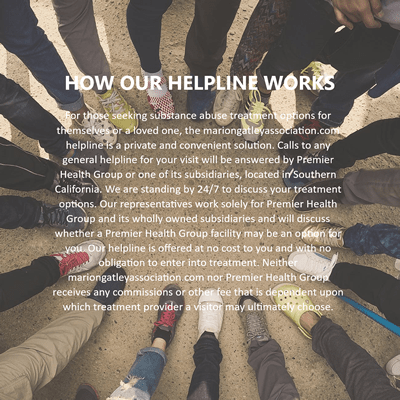In a decision aimed at mitigating the opioid addiction rates in New Jersey, the state has implemented a new plan to double the reimbursement received by doctors who offer treatments that have proved especially effective in opioid addiction recovery. The move is the latest step in a program that aims to fully reform the way that the state ensures it’s most vulnerable and poverty stricken patients get the care they need. The decision to increase the amount of payment earned by doctors who effectively treat opioid addiction is just one example of the many different strategies states across the country are piloting in order to determine how best to combat the snowballing opioid substance abuse trend.
In early February 2017, the New Jersey Department of Human Services, charged with overseeing addiction and mental illness programs in the state, informed provider organizations that doctors could begin collecting twice as much as the current rates when offering medication management to Medicaid patients. Medication management is a program that involves making regular check-ups on patients who have been prescribed medication to help them deal with substance cravings and feelings of withdrawal, providing support for those who are overcoming their addictions.
Nonprofit provider groups were very pleased to hear of the change. According to these organizations, more Medicaid money will be essential if they hope to continue to provide day programs, housing, and other elements of treatment to those in need of addiction recovery treatment. While a version of the payment plan was issued by state officials during the summer of 2016, several rates have been altered with this new version, due to requests and information provided by providers demonstrating that they would not be able to make ends meet unless the budget was adjusted accordingly.
New Jersey Governor Chris Christie has made it apparently that he wholeheartedly supports the payment reform. He had allocated almost all federal funding toward boosting payment rates, in the hope that increasing the available access to substance abuse recovery programs will mitigate opioid addiction in the state. Because Medicaid reimbursement has historically been low, some service providers have blanched when asked to provide service for Medicaid patients, arguing that the low rate of reimbursement hardly covers the cost of treatment.
Many providers emphasize that the medication management program is especially important in helping those who are struggling with addiction regain their lives. But doctors who once claimed that they were unable to administer substance abuse recovery treatment because of prohibitively high costs will be out of excuses with the new New Jersey pay rate. A ten minute session will rise from twenty four dollars to forty nine dollars, while a forty minute session that once paid eighty one dollars will now be valued at one hundred sixty one dollars. With these new rates, officials are confident that those who need treatment will be better able to receive it.
If you’re struggling with addiction, one of the drug rehab centers in the Intervention Association network has the tools you need for recovery. Contact us today for more details!



